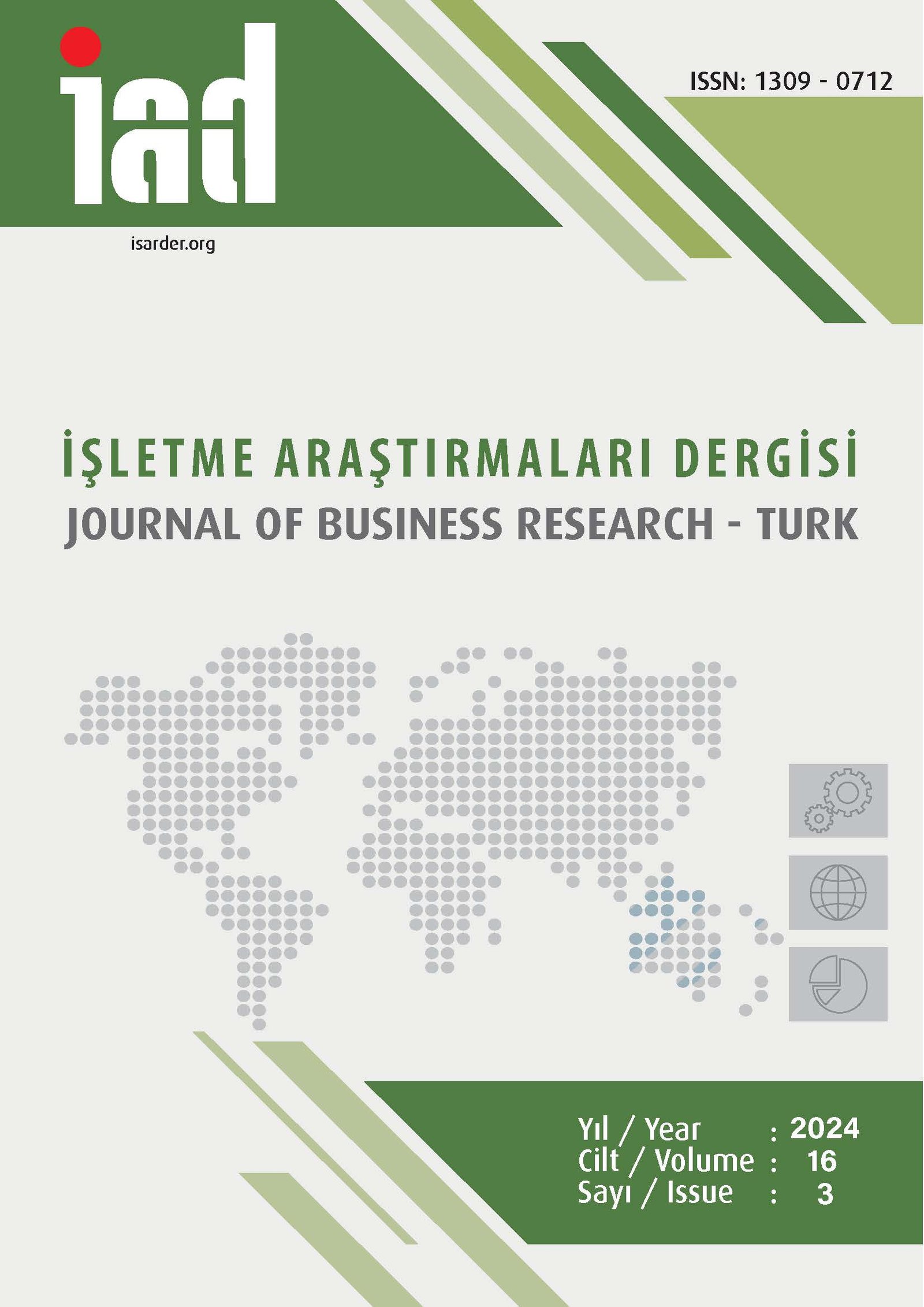The Role of Organizational Support Perception And Leader-Member Exchange in The Formation of The Attitudes Towards The Profession of Kitchen Employees
DOI:
https://doi.org/10.20491/isarder.2024.1894Keywords:
Vocational attitude, Perceived organizational supportAbstract
Purpose - Employee attitudes towards their professions are assumed to significantly impact productivity and efficiency. Although it is often believed that individuals are engaged in jobs they love, several factors influence a person who has found their calling and is passionate about their profession, just as with any event or phenomenon. In this context, the variables of perceived organizational support and leader-member interaction have emerged as critical aspects that organizations need to examine, as evidenced by numerous scientific studies. This study aims to elucidate the role of perceived organizational support and leader-member interaction in shaping professional attitudes. Design/methodology/approach – The study focused on kitchen employees working in five-star hotels in Antalya province and its districts. A non-probability sampling method, specifically convenience sampling, was employed. A total of 445 kitchen employees participated in the study, with data collected via a survey. Findings - The survey results revealed a moderately positive and significant relationship between kitchen employees' professional attitudes, perceived organizational support, and leader-member interaction. Additionally, path analysis results indicate that both perceived organizational support and the quality of leader-member interaction have a significant impact on the formation of professional attitudes. Discussion - This study, which integrates three variables within an effect/relationship model, highlights the importance of professional attitudes, perceived organizational support, and leader-member interaction in both the literature and for stakeholders. The findings underscore the positive relationship between kitchen employees' attitudes towards their profession and the levels of perceived organizational support and leader-member interaction. They also emphasize the crucial role of leadership and a supportive environment in enhancing employee satisfaction. However, the study's limited sample size and sector-specific focus constrain the generalizability of the results. Future research should address these limitations by exploring these relationships across different sectors and cultural contexts.
Downloads
Published
How to Cite
Issue
Section
License

This work is licensed under a Creative Commons Attribution-NoDerivatives 4.0 International License.





